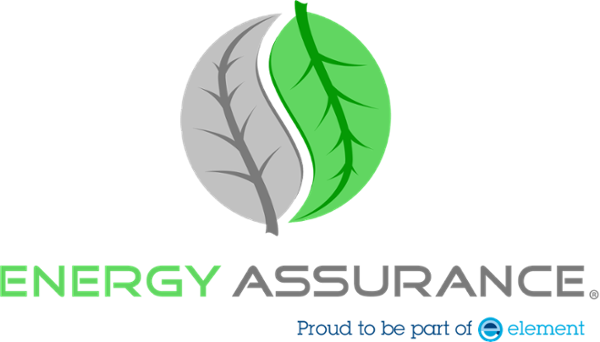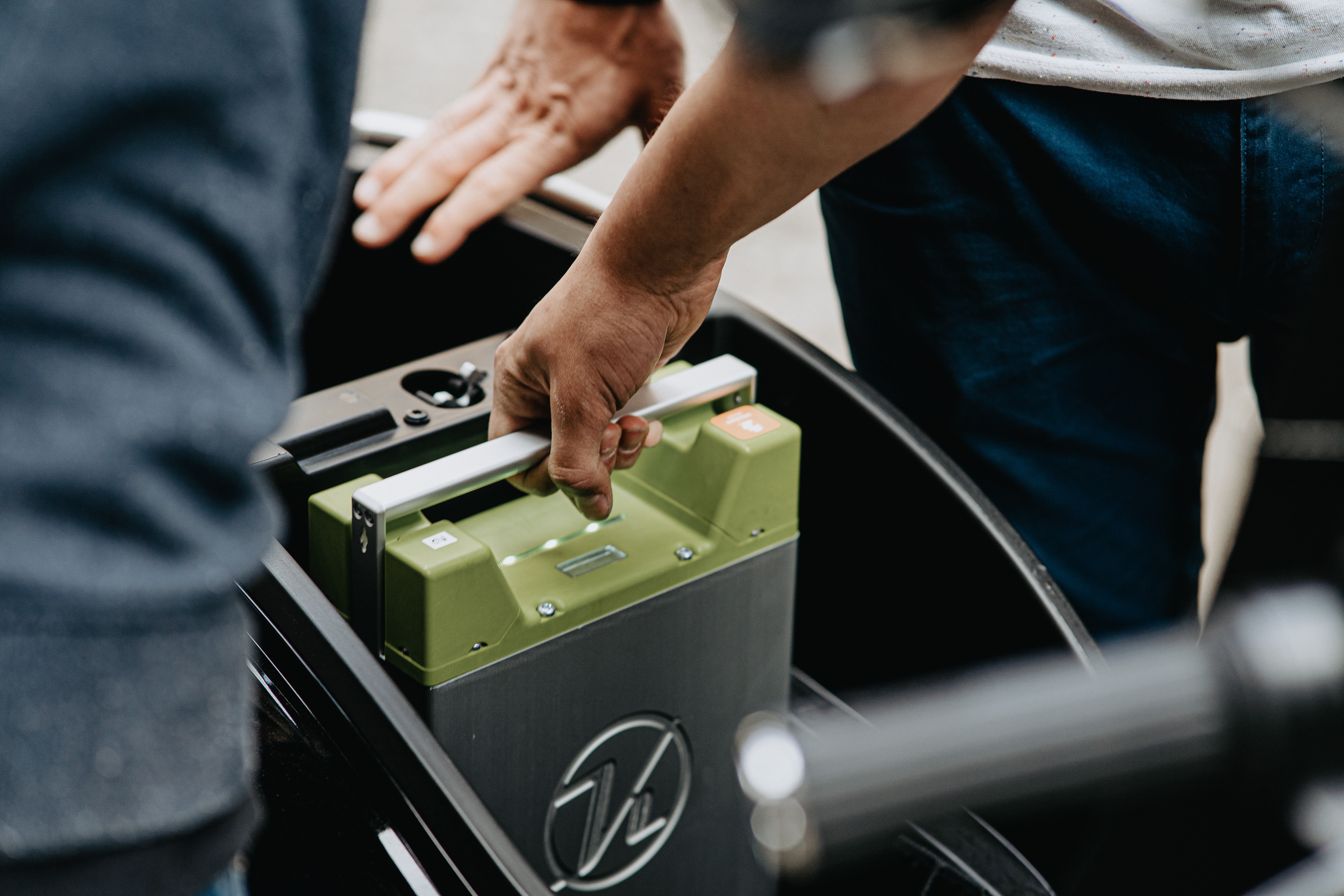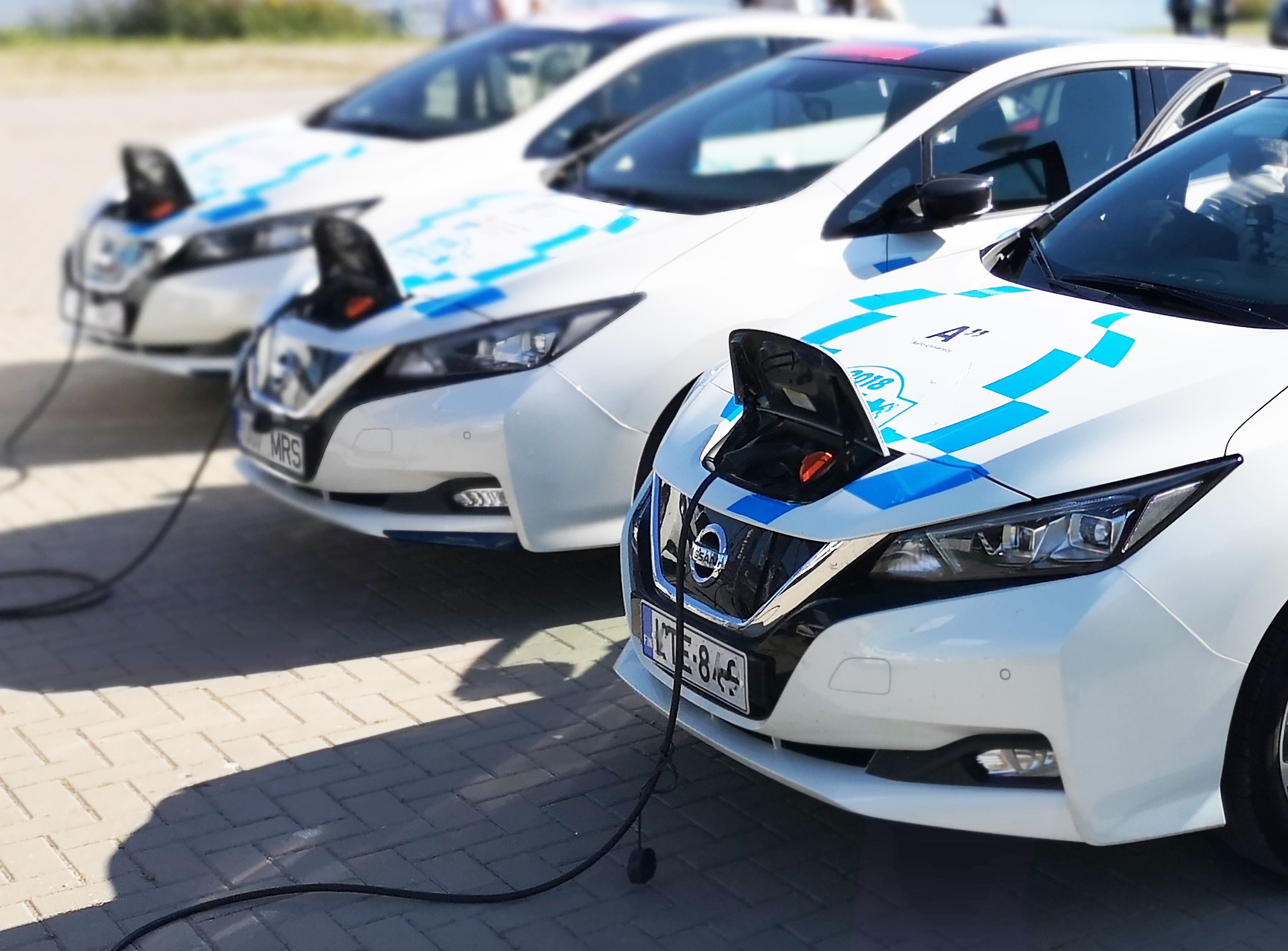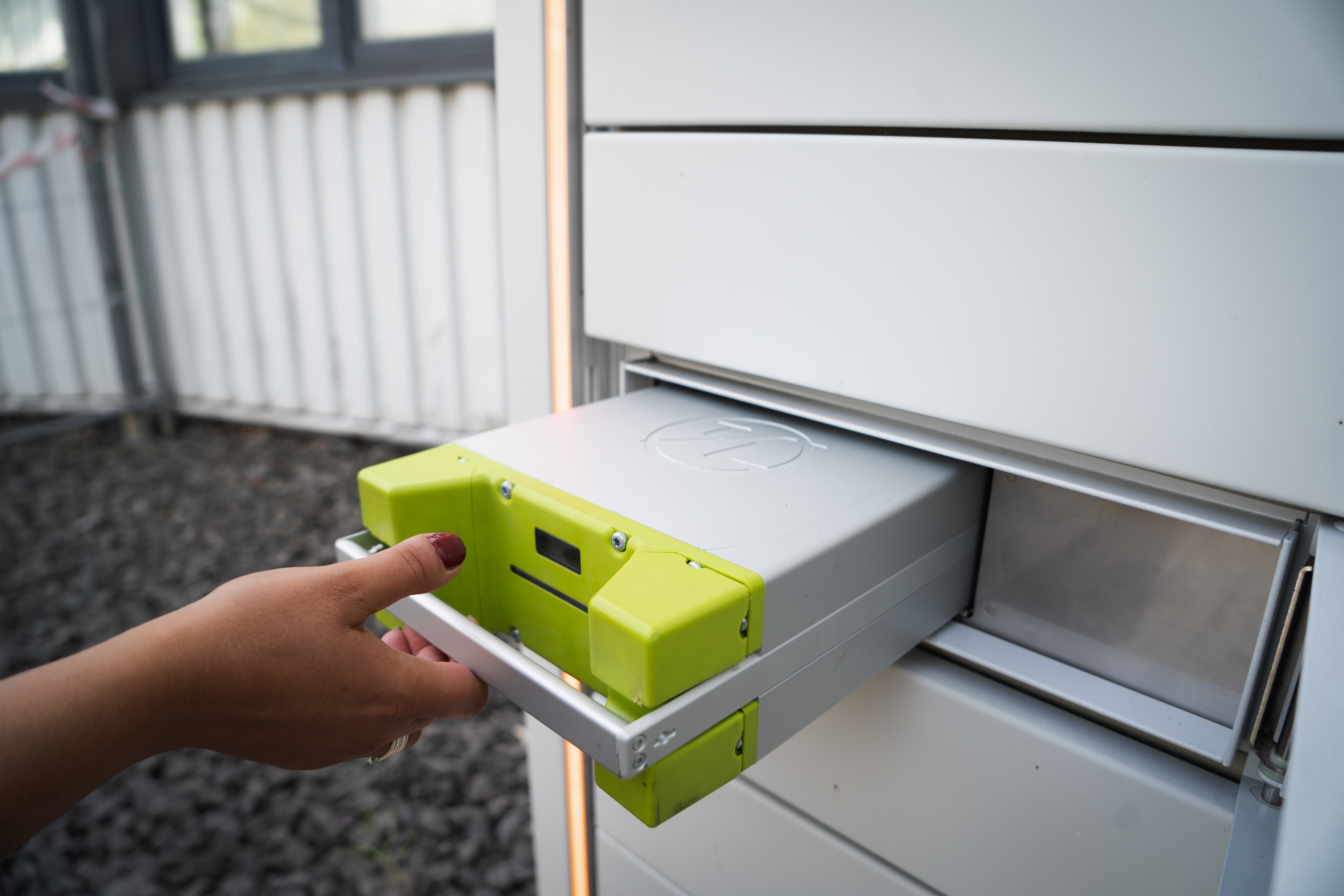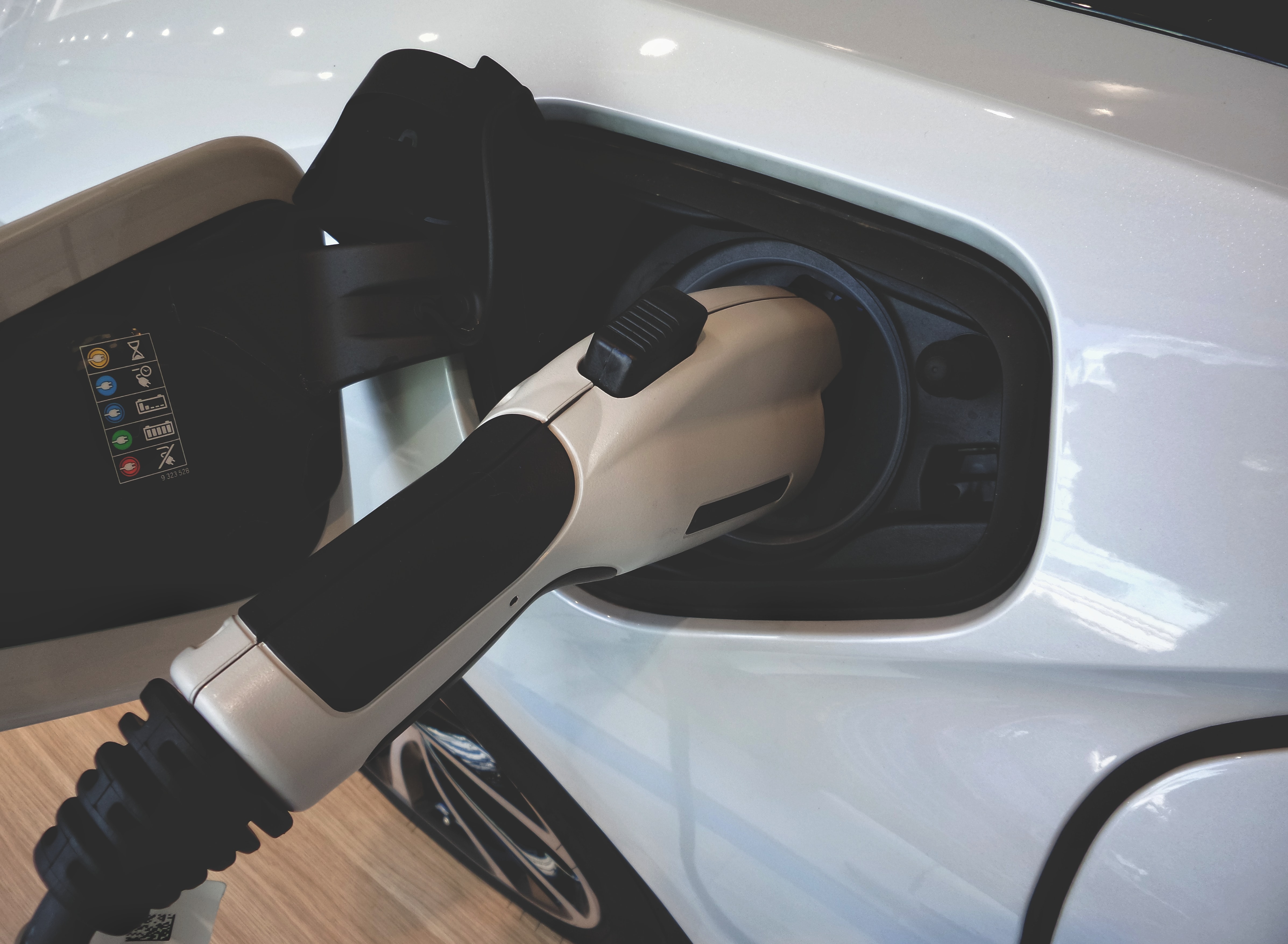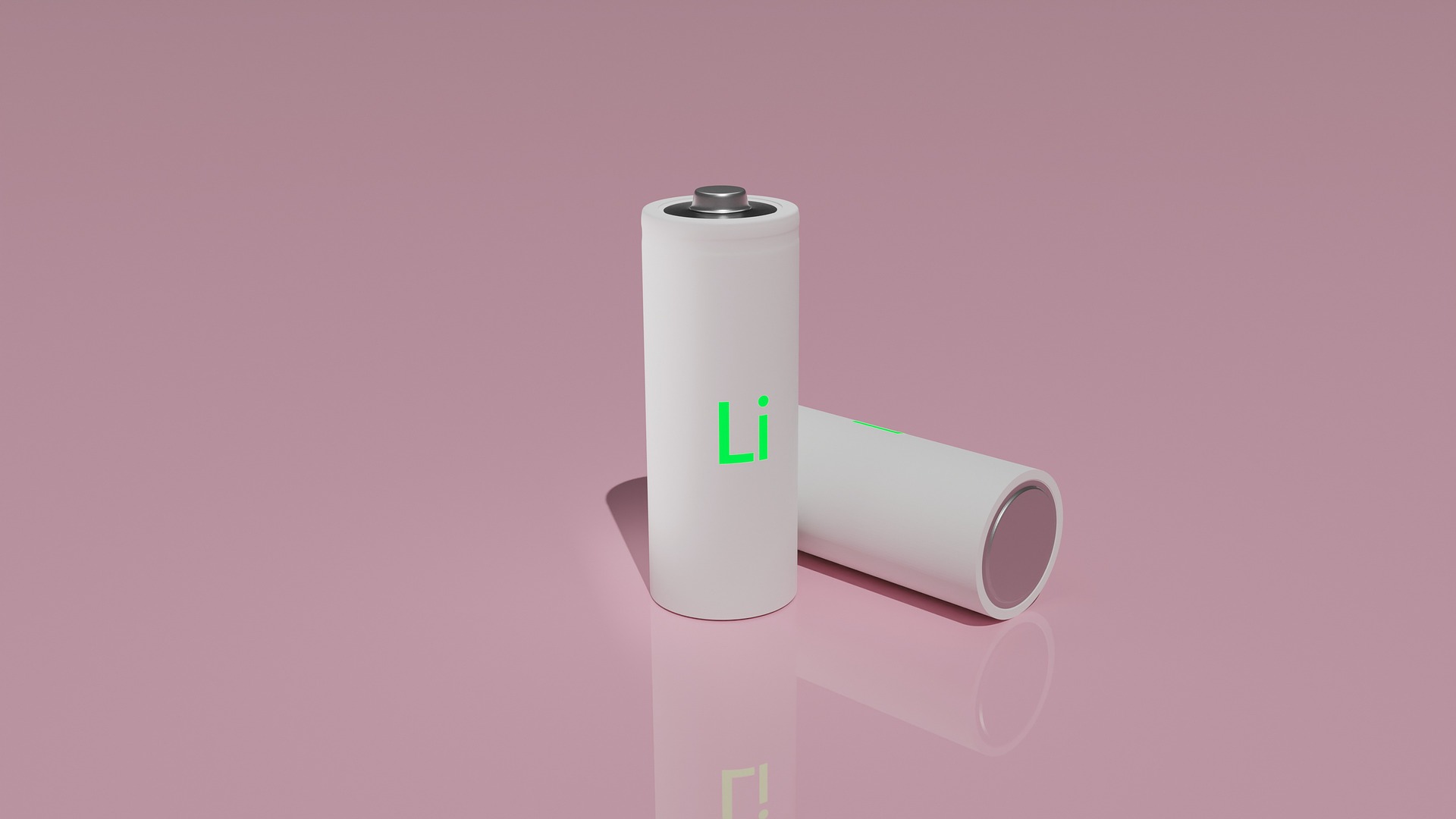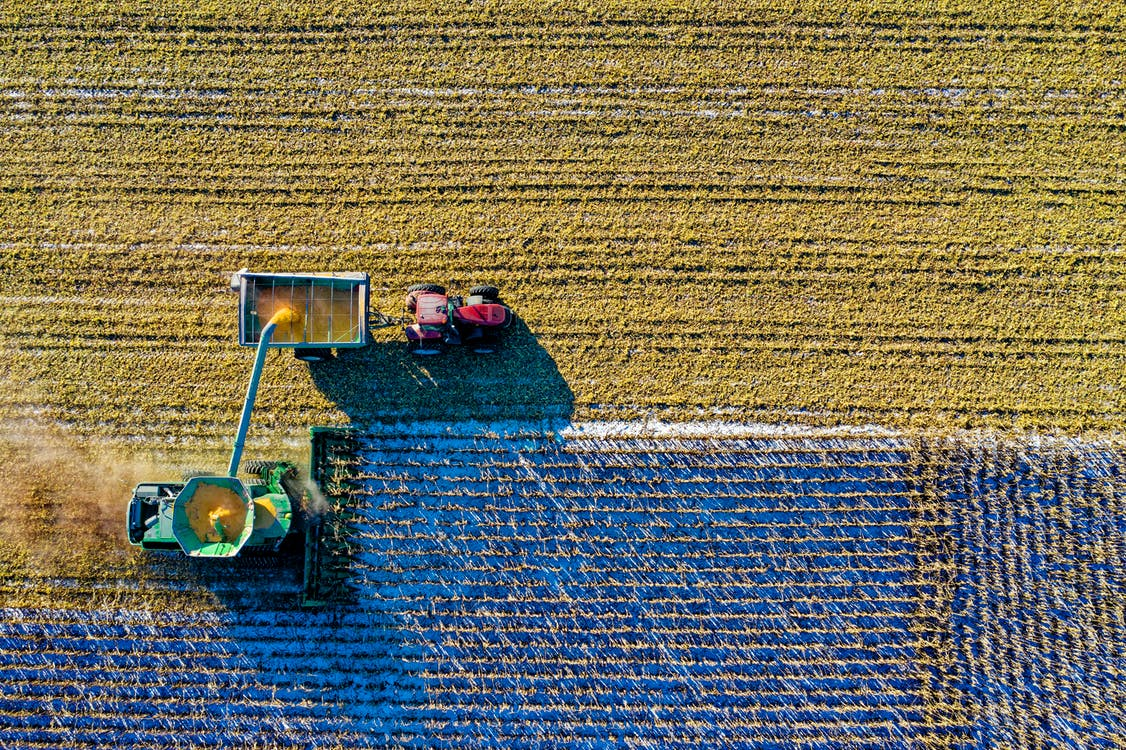
Imagine a world where agriculture is synonymous with sustainable, battery-powered equipment… It may be a lot closer than you think.
A concept as simple as a battery-powered tractor would have been completely unimaginable a few years ago. Sure, electric cars have been doing it, but…a tractor? That would demand a lot of power from a battery — power that just hasn’t been there. Until now.
Battery-Powered Tractors & Ag Equipment Have Arrived
Back in 2016, the John Deere Company announced a prototype for an electric tractor project they called SESAM (Sustainable Energy Supply for Agricultural Machinery). It could run for one hour at full power and took 3 hours to recharge.
By 2021, the compact all-electric Monarch Electric Tractor was winning a Golden Bridge Business and Innovation Award and becoming popular among vineyard owners. It was even driver-optional. John Deere was also showing off its impressive SESAM 2, with a crazy increase in energy storage from the 130 kWh of the original to 1,000 kWh — and a really cool attachable cabin for either autonomous or manual operation.
Things are moving fast.
At CES 2022 in Las Vegas, Energy Assurance witnessed other exciting developments, like John Deere’s fully autonomous tractor kit, which they promised to roll out to farmers later this year. We also got to take an up-close look at an electric earth mover from Bobcat. The price is still high for these latest solutions, but they pay for themselves in fuel efficiency and reduced maintenance vs. traditional agricultural equipment.
How Did We Get Here?
The biggest driver behind agriculture’s electrification is what’s going on in the automotive industry. Electric vehicles will be taking over roads worldwide in short order, with many major automakers and governments targeting 2030 or 2035 for a full transition to electric vehicle production for new vehicles.
That timeline has led to intense R&D on large-format battery technology, which is also used in agriculture battery applications. Companies are striving to pack as much power density as possible into batteries that are small enough and lightweight enough to be practical onboard a vehicle. Another aspect that’s needed substantial progress is the rate at which these batteries can be safely charged to get them back out on the road. Longevity is a third pillar, since these batteries must survive harsh outdoor conditions for years without deteriorating to the point where the vehicles have lost too much range.
All that research has paid off. Road-worthy EVs are everywhere and more are coming. Now, agriculture is reaping the benefits for a separate application with potentially massive impact.
Georgia Leads the Way
The state of Georgia is one area that’s leading the way in this e-mobility evolution. Knowing that 55,000 Georgia jobs tied to the internal combustion engine were on the line, Governor Kemp announced the Electric Mobility and Innovation Alliance (EMIA) in 2021. This strategic alliance combines the powers of the many leading public and private experts in the electric technology, battery, and automation sectors that call Georgia home.
Energy Assurance, our Gainesville-based cell and battery testing facility, is a shining example. The Energy Assurance lab is conveniently positioned right outside of Atlanta to take advantage of the major influx of EV and Agricultural battery projects that have flocked to the state. We’ve also expanded our footprint and our large-format capabilities with a second cutting-edge lab in Hopkinton, Massachusetts.
As the largest cell and battery testing lab in North America, Energy Assurance has unrivaled capacity for the full range of performance, safety, regulatory, and engineering analysis procedures. Our state-of-the-art Gainesville and Hopkinton labs offer complementary capabilities spanning all formats and applications used in the agriculture industry.
Have a battery-powered tractor or other electrified agricultural projects in the works? Call us up to share the details! We’d love to schedule a consult and start testing and verifying battery cells, modules, and packs for your next project today.
